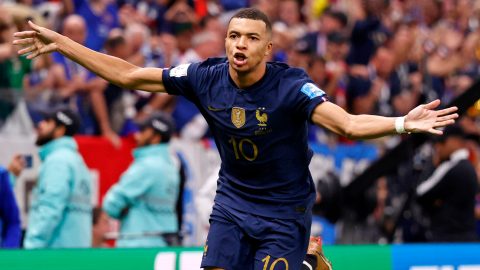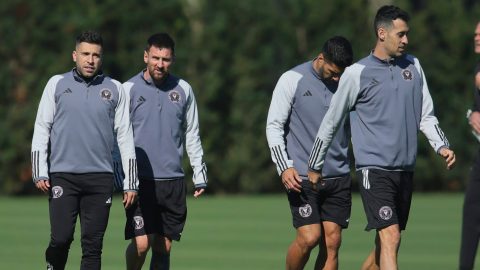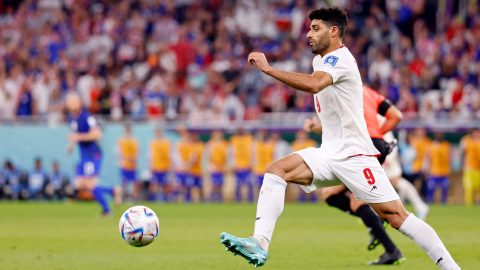 Close your eyes and imagine the world in 2020.
Close your eyes and imagine the world in 2020.
The European Union will still exist, and the Euro will remain the dominant currency in the region. In fact, the Eurozone will probably expand, and its member countries will be more tightly integrated than ever before. Such is the force of history.
With this in mind, UEFA’s decision to stage Euro 2020 in a number of cities across Europe, instead of in one host country, makes perfect sense. It embodies the spirit and ideals of European Unity (capital U) and will promote the idea of a single European state well into the middle of the 21st century.
In 1960, the first UEFA European Nations’ Cup was held in France. Europe was rebuilding after the second major war of the century devastated the continent. Only four teams participated, and the Soviet Union won it all. Its triumph mirrored its status as the continent’s leading superpower of the day. Times have changed. The Soviet Union no longer exists, and Europe’s nations are uniting both economically and politically.
2020 will mark 60 years since that first “Euro” (as the tournament is commonly called). More teams than ever will participate — the competition will expand from 16 to 24 teams in 2016. Euro 2020 will have a larger geographical footprint than ever before, as more fans will experience the event first-hand than ever before. It could also be the most profitable edition yet.
After the FIFA World Cup, the European Championship is the world’s premier international soccer event. The forward-looking move will join the European Union and sports at the hip. Led by president Michel Platini, UEFA turned its back on tradition with Thursday’s announcement. As expected, it was largely met with outrage, scorn and ridicule.
As is the case with European unity itself, there is no going backward. The pan-Europe Euro 2020 will happen because it was a nearly unanimous decision among the members of UEFA’s executive committee. Their motives were undoubtedly financial, taking the amount of Euros generated or saved into consideration.
Hosting the European Championship is an expensive endeavor Host countries often need to build or upgrade ten or more stadiums in preparation for the event. Some countries must upgrade their infrastructure, building or renovating roads, rails and airports. Platini’s plan will see many countries collectively shoulder this financial burden, which is important during this period of economic uncertainty.
The summer showcase also generates a lot of money, as fans of every team travel in great numbers and spend their way to a good time. Fans will still follow their national team in 2020, but the economic boost that tourism brings won’t be limited to one country. Cities across the continent will share in the spoils. Those travelling fans may even save money, depending on where their teams are playing in relation to where they live.
Many of these cities are located in countries that have little, if any, chance of hosting the tournament. Fans in these locales will get a once-in-a-generation opportunity to experience the thrill of a major international soccer tournament coming to town.
Platini and his UEFA minions are playing up the financial aspect of the Europe-wide Euro 2020. Maybe it’s an economic no-brainer. Maybe it isn’t. That’s for the bean counters to determine. The “Euros for Europe,” as Platini calls it, will be about much more than money. The world will be watching as a continent revels in the month-long celebration of soccer. The global audience won’t see Poles, Germans, Swedes or citizens of any other country highlighting their individual cultures or societies for a month. It will watch Europe express its love for the game as one people. That will open the eyes of the world to the new reality on the continent, and the wider world will never see Europe the same as it once did.
This change started in 1992 with the signing of the Maastricht Treaty, which created the European Union. The sea change has been subtle in many ways (from an outsider’s perspective), but it will be crystal clear when Euro 2020 kicks off.
Have a question for Marcus Kwesi O’Mard? Send it to him via Twitter at @NESNsoccer, NESN Soccer’s Facebook page or send it here. He will pick a few questions to answer every week for his mailbag.



